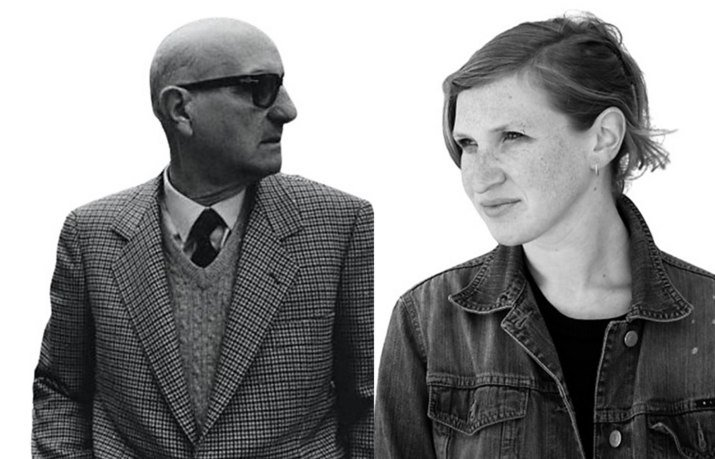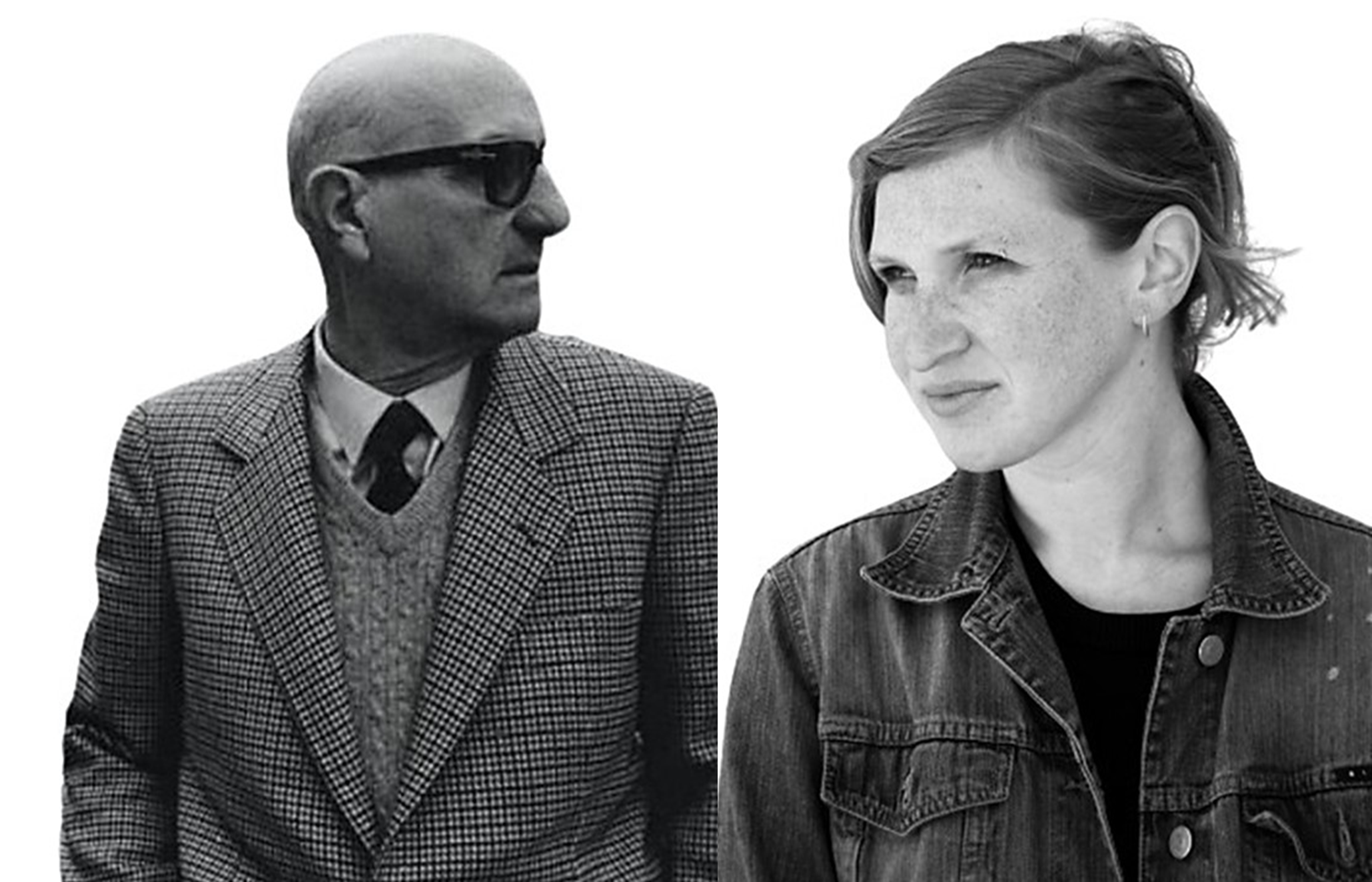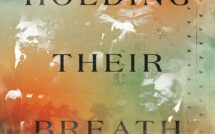
 Translated from the Italian by Julia Conrad.
Translated from the Italian by Julia Conrad.
An atlas will tell you that Sicily is an island, and that is correct, for atlases are books of honor. Yet it’s tempting to doubt this premise, because the concept of an “island” usually means a compact clump of ethnicity and tradition, whereas here everything is mixed-up, glinting, as contradictory as the most composite of continents. There are, in fact, many Sicilies. I could never count them all. There’s a Sicily bright-green with carob trees, a salt-flat white Sicily, a Sicily yellow with sulfur, blonde with honey, violet with lava.
There’s the babba Sicily, meaning good-natured, to the point of seeming dumb. The sperta Sicily, meaning cunning, devoted to the most efficient applications of violence and fraud. There’s a lazy Sicily, a frenetic one. There’s one that exhausts itself with its anxiety for things, one that performs life as if it’s the script of a Carnival play, one that rides the wind in a dazzling display of delirium.
Why so many? Because for centuries Sicily has had the fate of linking Western culture with the temptations of the desert and sun, linking reason with magic, cold fronts of feeling with heat spells of passion. Sicily suffers from an excess of identities, and I’m not sure if that excess is good or bad. Certainly, for those born here, the thrill of being perched atop the navel of the world is short-lived. It’s quickly replaced by the struggle to extract, from a thousand tangled bloodlines, the thread of one’s own future.
For a Sicilian, understanding Sicily means understanding oneself. It means choosing to be absolved or condemned. And it means resolving the fundamental tension that plagues us, the oscillation between claustrophobia and claustrophilia, between a hatred and love of seclusion. That seclusion is what tempts us to expatriate. Or else, it seduces us with the warmth of a nest to lead an isolated life. Geographic isolation inspires further insularities: of the province, of the family, of the room, of the heart. It explains our pride, our suspicion, our reserve; our sense of being different.
We’re different from our invaders (who descend from high above us: the Normans could not be pummeled to the ground, solely poked up at with tailoring scissors). We’re different from the friends who come to visit, yet speak an enemy tongue; we’re different from everyone else, different from each other, even different within ourselves. Every Sicilian is morally and psychologically ambiguous in his own distinctive way. Like the island itself, everything is a mixture of light and mourning. Where things are blackest there is mourning, where things are most outrageous, light. The island makes death feel impossible, unacceptable. Elsewhere, death can perhaps be accepted as the natural outcome of all biological processes. Here death is a scandal, a punishment by the envious gods.
The tyranny of death shapes our island pessimism, gives rise to the funereal pomp of our traditions and our words, instills the dark taste of poison love leaves in the mouth. It’s a pessimism of reasoning, almost always accompanied by a pessimism of will. Our reasoning is emphatically not Cartesian, but that of Gorgias, Empedocles, Pirandello. We teeter between myth and fallacy, math and lunacy. We’re always ready to flip to the other side, with the irony of an image reflected backwards in a mirror.
The result of all of this, of an island that can’t or won’t break free, is an emphatic sort of solitude. They say—and I’m happy to repeat it—that Sicily is always attempting to become more Italian. (Although many a sage suggests that it’s the opposite). For now, the island continues to curl up on the sea like a hedgehog, only concern itself with its grim wines, its mellifluous jams, its Arabian jasmine, its kitchen knives, its sawn-off shotguns. Each day invents new scenes of perpetual theatre, farce, tragedy, or Grand-Guignol horror. Every occasion will do, from political rallies to soccer games, from the war of saints to cards in a café. Even down to that perversion of liturgical ritual: The Mafia. With its thousand masks, symbolic alliances, and ritualized brotherhood, it feeds on darkness, yet at the same time can’t survive without the spotlight of the stage.
It’s this theatrical dimension to living that makes us so susceptible to whistles, to applause, to the opinions of others (the terrible “uocchiu d’e gghenti”—the public eye); the shame of lost honor; and the shame of ailing…
That’s not all, though. There are many more Sicilies. I could never count them all.
Gesualdo Bufalino (1920-1996) was a Sicilian novelist, poet, and translator. After a lifetime as a high school professor, his first novel Diceria dell’untore (1981) won Italy’s prestigious Premio Campiello and was adapted into the film Breath of Life. Known for his vivid portrayals of Sicily, his other works include Le menzogne della notte, which won the Strega Prize.
Julia Conrad is a writer and Italian translator. Her work has been published in The Massachusetts Review, Asymptote, The Offing, and the anthology Choice Words: Writers on Abortion (Haymarket Books, 2020), among others. Her first book, a hidden history of women classical musicians, will be published by Simon & Schuster.
Translation of L’isola plurale (1982) collected in Cere perse, a collection of Gesualdo Bufalino’s writing for newspapers, republished by Bompiani in 2022. Julia Conrad’s translation is published with permission from the Bufalino estate.
Photo of Gesualdo Bufalino by Giuseppe Leone, by permission of the Fondazione Gesualdo Bufalino.
Published on February 15, 2024.




